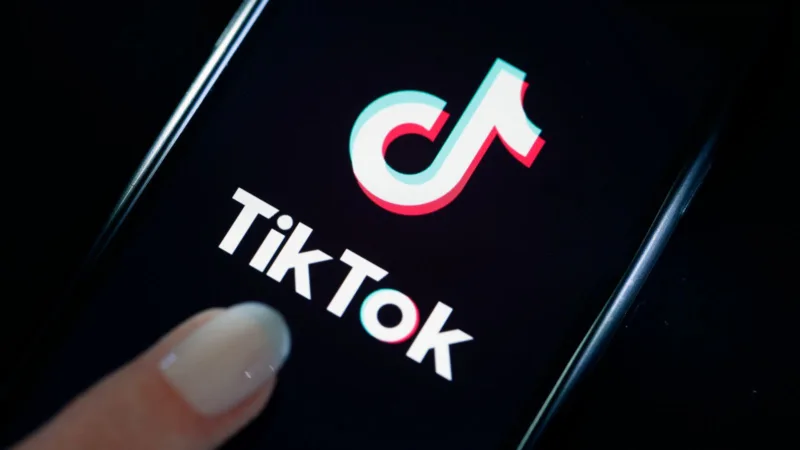The House of Representatives in the United States voted on Wednesday to pass legislation that could potentially ban the popular video-sharing app TikTok in the country.
The bipartisan vote, with a tally of 352-65 and one member voting present, reflects growing concerns among both Republicans and Democrats about the app’s ties to China and its potential threat to national security.
The bill, titled the Protecting Americans from Foreign Adversary Controlled Applications Act, now heads to the Senate for further consideration. While the fate of the legislation in the Senate remains uncertain, the House vote underscores the urgency among lawmakers to address the perceived risks associated with TikTok.
Speaking after the vote, Speaker Mike Johnson emphasized the need to counteract the efforts of “Communist China” to undermine America’s economy and security. He warned that TikTok could be used as a tool to access American data and spread harmful information, echoing concerns raised by lawmakers on both sides of the political aisle.
However, the legislation faced opposition from a significant number of lawmakers, including progressives and conservatives, who voted against it. Some cited concerns about free speech issues, while others expressed reservations about the potential impact on small businesses that rely on TikTok for their livelihoods.
Despite the pushback, supporters of the bill argue that it is necessary to address the national security risks posed by TikTok, particularly its ties to China-based parent company ByteDance. The bill aims to create a process for the president, through intelligence agencies, to designate certain social media applications under the control of foreign adversaries as national security threats.
If designated as a risk, TikTok could face a ban unless it severs ties with entities under the control of the Chinese government within 180 days. Proponents of the bill believe that such measures are essential to safeguarding personal data and preventing foreign interference in U.S. affairs.
The debate surrounding TikTok’s potential ban has sparked intense lobbying efforts, with the company arguing that it would violate the First Amendment rights of its U.S. users and harm small businesses that rely on the platform. TikTok users and creators have rallied against the legislation, urging lawmakers to reconsider their stance and highlighting the positive impact of the app on their lives and businesses.
In response to the House vote, President Joe Biden has indicated that he would sign the bill into law if it reaches his desk. The outcome of the legislation in the Senate remains uncertain, but the House vote signals growing bipartisan support for measures to address the perceived threats posed by TikTok.
As the debate continues, stakeholders in Nigeria and around the world are closely monitoring developments surrounding TikTok and its potential impact on global digital platforms and cybersecurity. With the future of TikTok hanging in the balance, the outcome of legislative efforts in the U.S. could have far-reaching implications for the tech industry and international relations.q










Thank you for reaching out! If you have any specific questions or topics in mind, please feel free to share them, and I’ll do my best to assist you. Whether you’re curious about a particular technology, scientific concept, literary work, or anything else, I’m here to provide information, advice, or engage in a discussion. Don’t hesitate to let me know how I can help you further!